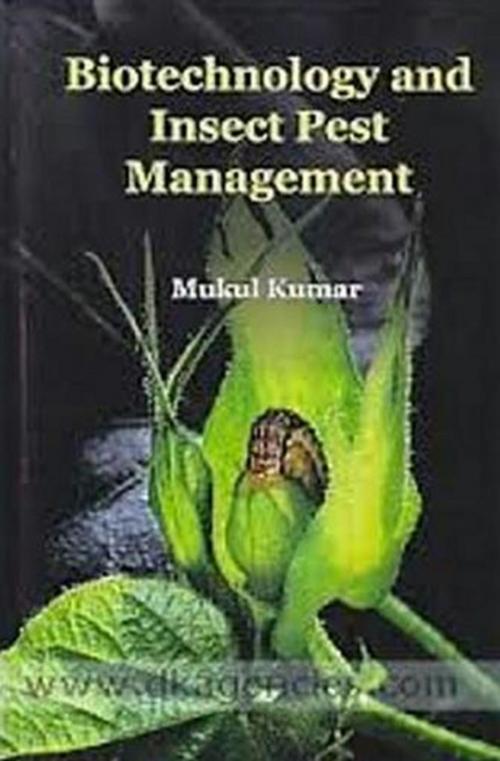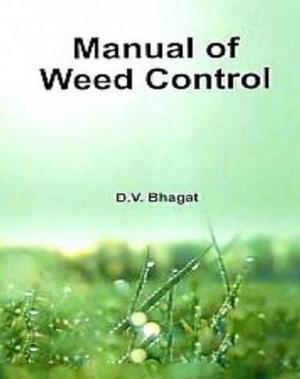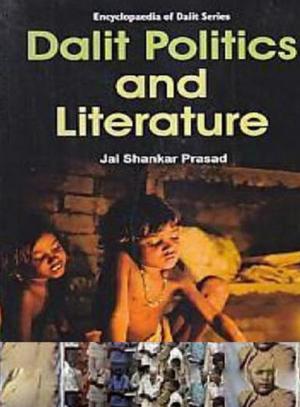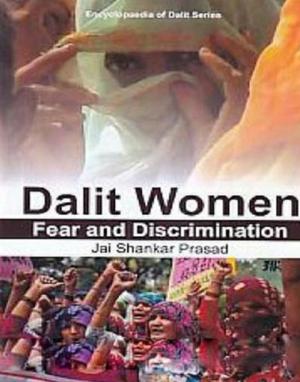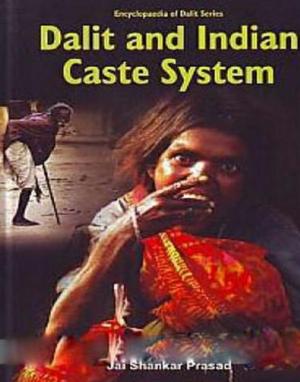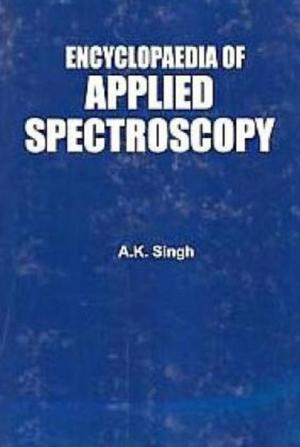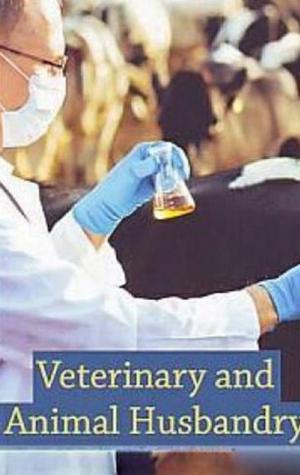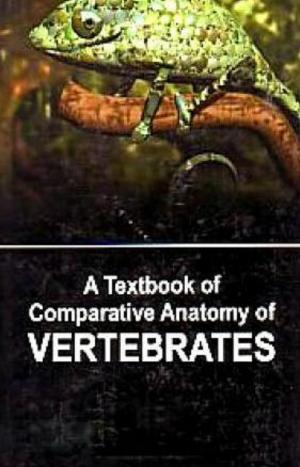Biotechnology And Insect Pest Management
Nonfiction, Science & Nature, Science, Biological Sciences, Biotechnology, Technology, Engineering| Author: | Mukul Kumar | ISBN: | 9789388040808 |
| Publisher: | Centrum Press | Publication: | June 30, 2017 |
| Imprint: | Centrum Press | Language: | English |
| Author: | Mukul Kumar |
| ISBN: | 9789388040808 |
| Publisher: | Centrum Press |
| Publication: | June 30, 2017 |
| Imprint: | Centrum Press |
| Language: | English |
To make life tolerable, insect pests must be managed. Humans have been battling insect pests for as long as we have shared Planet Earth. The first person that swatted and killed a pesky fly might be considered the grandfather of modern-day pest control! Since that day, humans have devised many methods of dealing with or managing insect pests. Even the use of chemical controls should be balanced with nonchemical approaches to maximize their effectiveness. Integrated Pest Management (IPM) has been developed as a way to control pests without relying solely on pesticides. IPM is a systematic plan which brings together different pest control tactics into one program. Besides theory and principle, the book includes practical advice on understanding and investigating species, examines the ecological problems associated with polyphagous pests and beneficial species, and scrutinises ways suggested to improve insect biological control. This will be an important resource for graduate students and researchers, in IPM, insect pest management, entomology, ecology and crop protection.
To make life tolerable, insect pests must be managed. Humans have been battling insect pests for as long as we have shared Planet Earth. The first person that swatted and killed a pesky fly might be considered the grandfather of modern-day pest control! Since that day, humans have devised many methods of dealing with or managing insect pests. Even the use of chemical controls should be balanced with nonchemical approaches to maximize their effectiveness. Integrated Pest Management (IPM) has been developed as a way to control pests without relying solely on pesticides. IPM is a systematic plan which brings together different pest control tactics into one program. Besides theory and principle, the book includes practical advice on understanding and investigating species, examines the ecological problems associated with polyphagous pests and beneficial species, and scrutinises ways suggested to improve insect biological control. This will be an important resource for graduate students and researchers, in IPM, insect pest management, entomology, ecology and crop protection.
